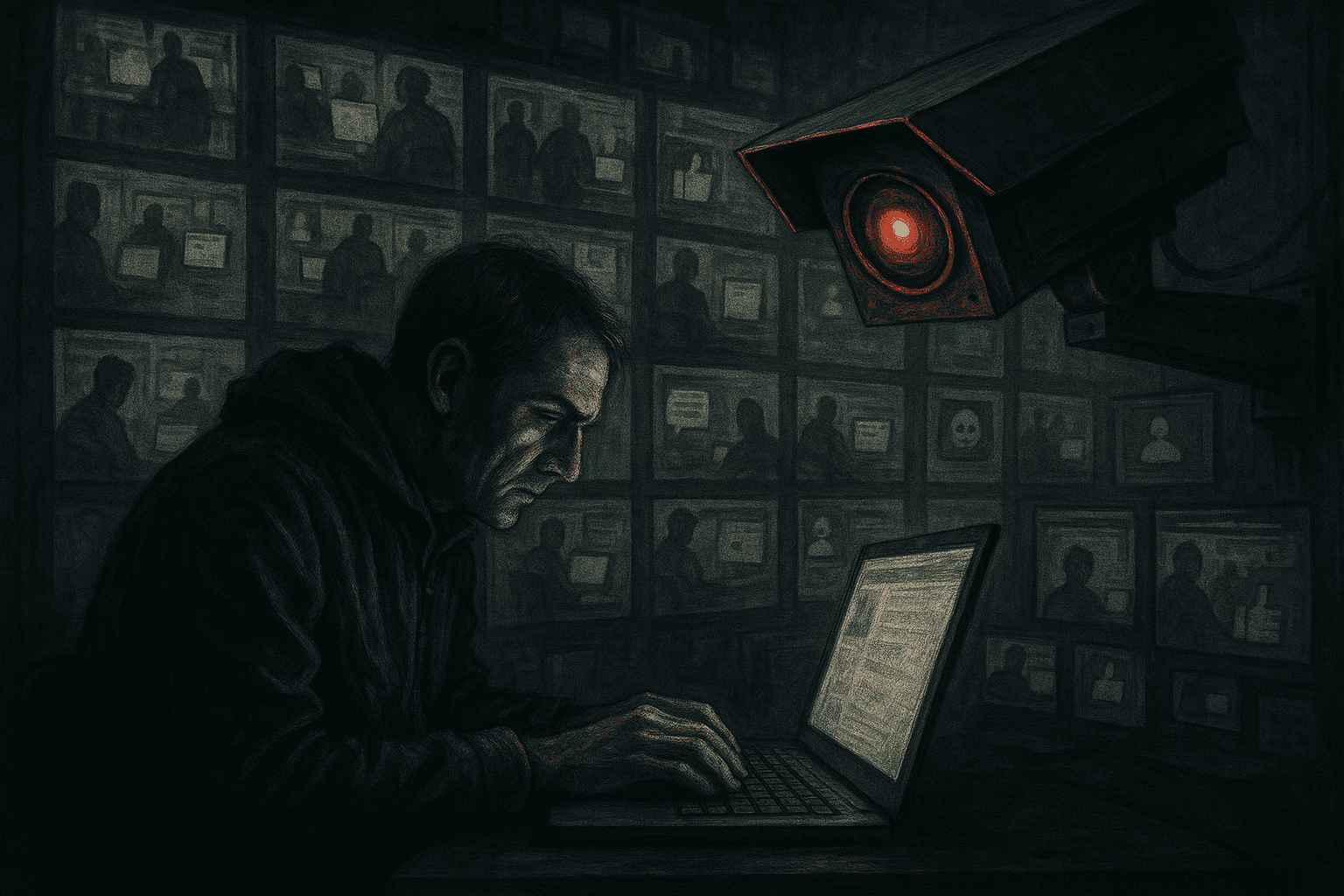A wave of new laws in the United Kingdom over the past two years has sparked growing concern over civil liberties—from banning weapons to restricting online expression and protest rights.
Ninja Sword Ban under “Ronan’s Law”
From 1 August 2025, England and Wales have outlawed the possession, manufacture, import or sale of ninja swords as the final measure under “Ronan’s Law.” This crackdown follows the fatal attack on a teenager in 2022 and coincides with a wider push to reduce knife crime. Within July, at least 1,000 weapons were surrendered through an amnesty programme using collection bins and mobile vans.
Possession of the banned swords at home may result in up to six months in prison (rising to two years under pending legislation), and up to four years if found in public spaces. While police and charities see the measure as progress in tackling violence, critics emphasise the need to address underlying social drivers.
Online Safety Act 2023 and Age Restrictions
Enacted in October 2023 and enforced from late July 2025, the Online Safety Act 2023 mandates major platforms—including X, Facebook, TikTok and YouTube—to protect children from harmful content. It also imposes age verification for adult material and empowers Ofcom to levy hefty fines—up to £18 million or 10% of global turnover—for non-compliance.
Critics, including X itself and public figures like Nigel Farage, warn that the act veers toward “state censorship,” pushing platforms into over-removal of content, and stifling legitimate political expression. The backlash includes more than 450,000 signatures on a petition calling for repeal.
Government Social Media Monitoring Unit
Reports reveal that a covert government unit, the National Security and Online Information Team, has approached social media companies to delete content critical of asylum‑seeker housing and alleged “two‑tier policing” during unrest in Southport. Critics view this as a concerning step toward content policing under government oversight.
The home affairs committee is considering the creation of a national internet investigations unit based in Westminster, tasked with analysing migration-related online content. Detractors argue this approach could suppress dissent and reinforce a chilling effect on free discourse.
Protest Restrictions: Public Order Act 2023 & Related Measures
Public Order Act 2023, which came into force in May 2023, builds on earlier legislation (Police, Crime, Sentencing and Courts Act 2022). It grants police broader authority to impose protest restrictions—including setting times, noise limits, and banning individuals from future assemblies—without requiring evidence of serious disorder.
Human rights organisations have described these provisions as “deeply authoritarian” and warned of a chilling effect on peaceful dissent. Amnesty International called it a “dark day for civil liberties”.
University Free Speech Laws: Government Advocacy and Review
In May 2023, the Higher Education (Freedom of Speech) Act required universities in England and Wales to protect lawful expression, including guest speakers; it created a statutory tort for no‑platforming and empowered regulators to fine institutions and appoint a “free speech champion”.
However, critics—including academic representatives—warned it threatens institutional autonomy and may inadvertently protect extremist views. Legal experts questioned whether litigation under the law would succeed in practice. Meanwhile the Office for Students issued guidance affirming that lawful speech must remain free unless restricted by explicit legal provision.
Hate Speech Legislation in Scotland
Scotland’s Hate Crime and Public Order Act 2021 took full effect from April 2024. It prompted controversy when some social media posts—including those by public figures—were classified as “non‑criminal hate incidents.” Critics such as J. K. Rowling and Elon Musk expressed concern that the law could chill public discourse by labelling robust speech as hate-related.
Broader Patterns and Emerging Concerns
-
Cases like that of Lucy Connolly, jailed for a tweet, highlight Europe’s increasing constraints on controversial speech. Her 31‑month sentence surpassed penalties for some riot participants, igniting fierce debate.
-
The flaw-free enforcement of digital speech restrictions—including age checks and platform liability—remains contested. Platforms and civil liberties groups argue that such laws incentivise over-censorship and introduce surveillance risks, notably around encryption weakening.
These laws reveal a pattern in which multiple UK laws—across domains from weapons possession to speech and protest—are tightening the margin for public expression and dissent. While aimed at protecting the vulnerable or maintaining public order, critics argue these statutes collectively risk eroding the space for free and critical public discourse.

















